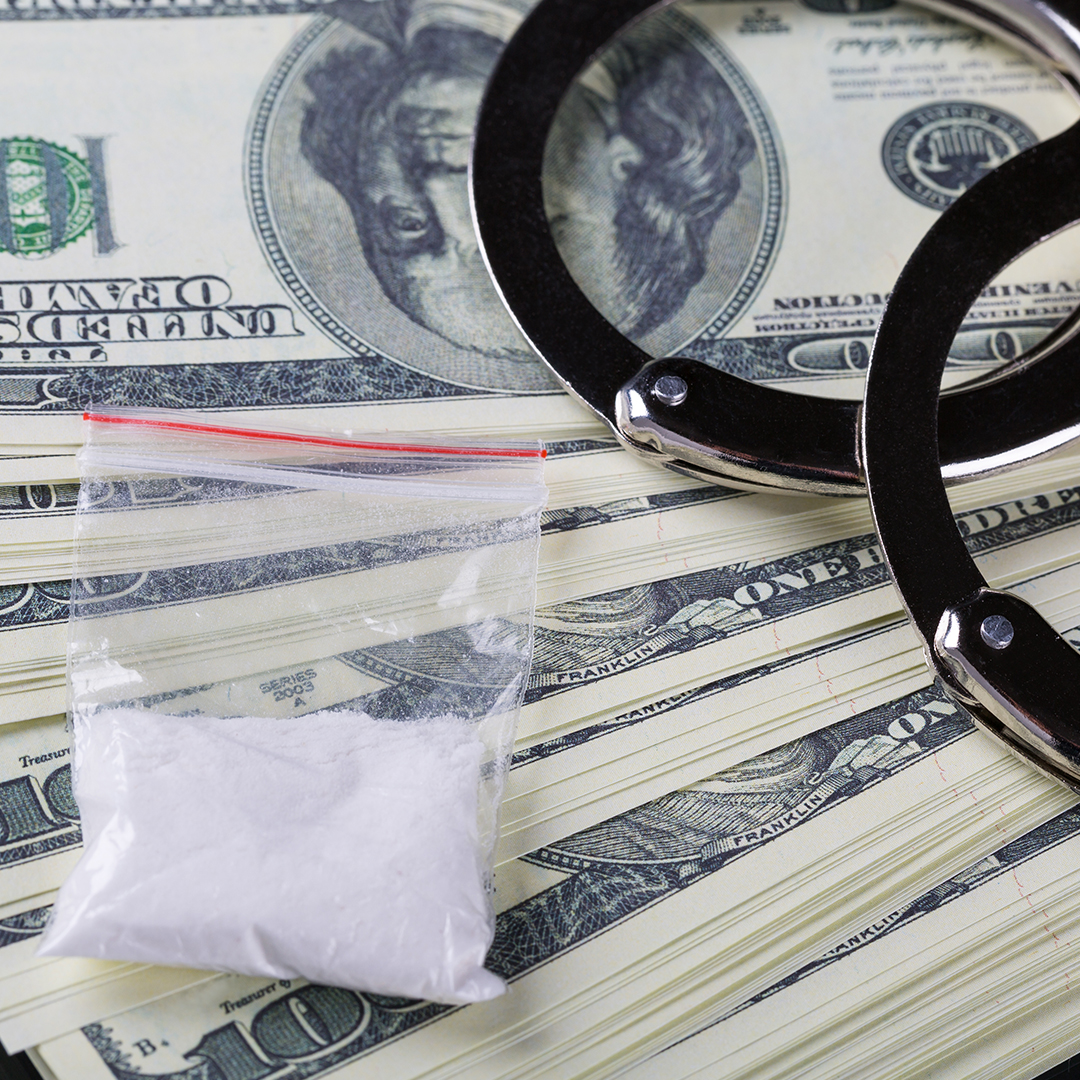Drug crimes encompass a range of offenses related to the illegal possession, distribution, manufacture, or use of controlled substances. The severity of the penalties for drug crimes varies depending on factors such as the type and quantity of the drug, the defendant’s criminal history, and the specific circumstances of the case.
Some common types of drug crimes include:
- Possession: holding or carrying a controlled substance for personal use.
- Possession with intent to distribute: having a controlled substance with the intent to sell or distribute it.
- Distribution or trafficking: selling, transporting, or delivering controlled substances.
- Manufacturing: producing or creating controlled substances, such as growing marijuana or producing synthetic drugs.
- Prescription drug fraud: illegally obtaining prescription medications, forging prescriptions, or diverting prescription drugs to the illicit market.
- Driving under the influence (DUI): operating a vehicle while under the influence of drugs or alcohol.
If found guilty of a drug crime, the potential outcomes may include fines, probation, community service, drug education or rehabilitation programs, and imprisonment. The severity of the punishment depends on factors such as the nature of the crime, the type and quantity of the drug involved, the defendant’s criminal history, and any aggravating or mitigating circumstances.
Many jurisdictions have implemented drug diversion programs or drug courts, which aim to provide non-violent drug offenders with treatment and support, rather than solely focusing on punishment. These alternatives to traditional prosecution prioritize rehabilitation and address the underlying issues that contribute to drug addiction and criminal behavior. The goal is to reduce recidivism and help individuals overcome addiction, ultimately promoting public safety and fostering healthier communities.
